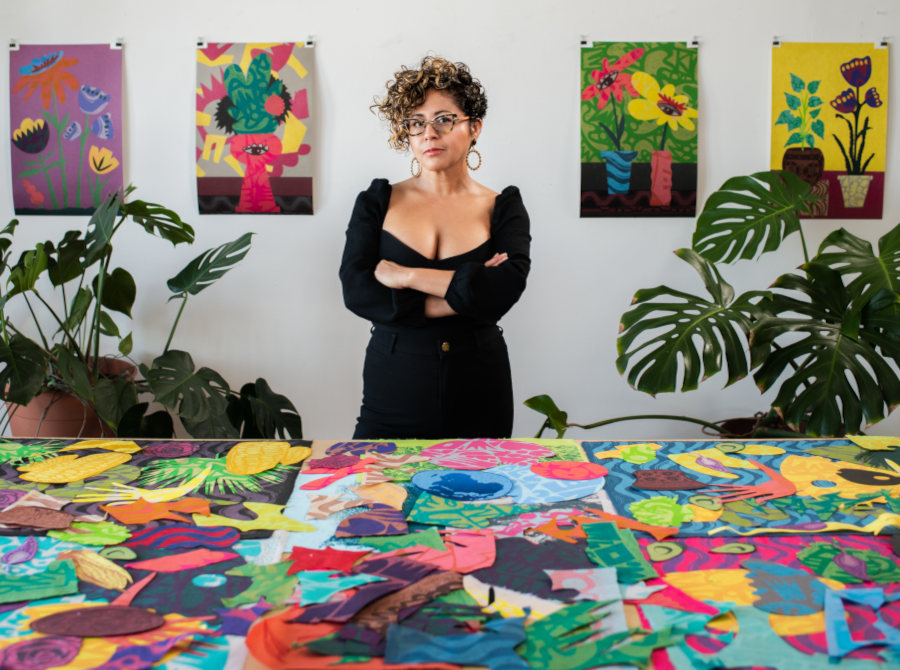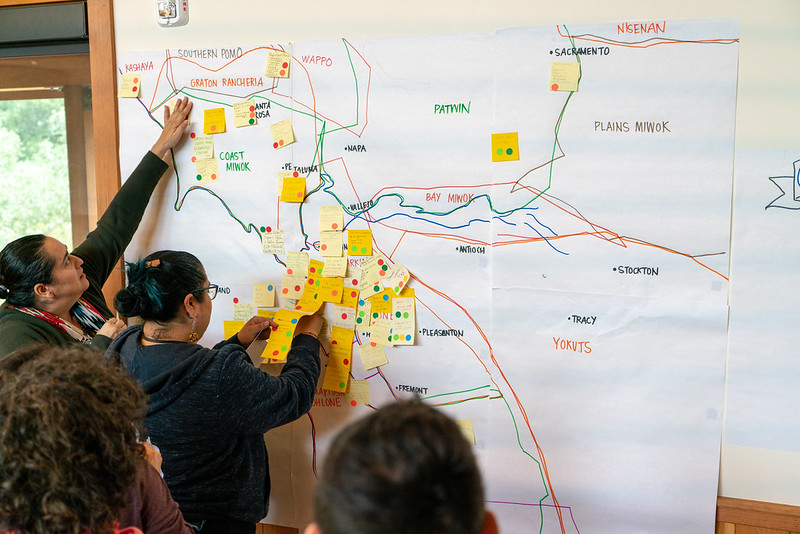Case Studies
-
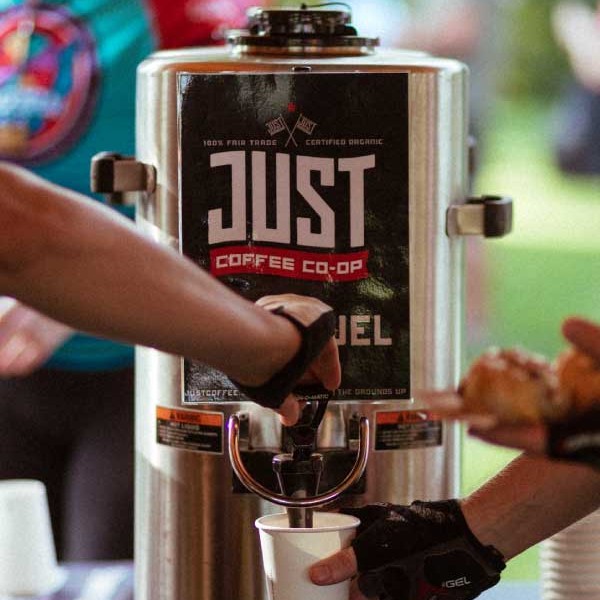
Just Coffee
Capturing a brand that embodies respect for labor and environmental sustainability
Cooperatives Fair TradeShopify -
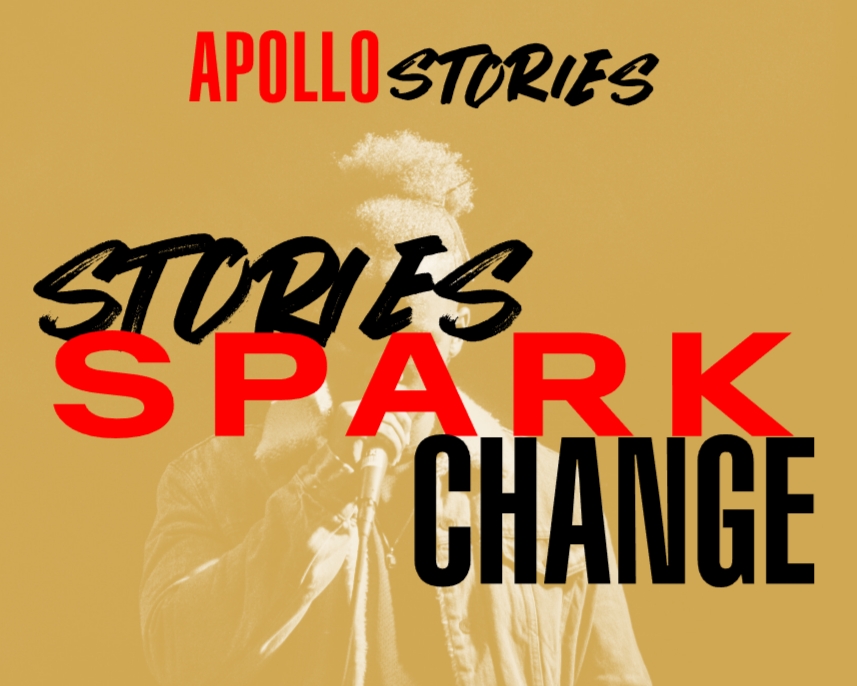
Apollo Stories
Inspiring learning and critical thinking in the next generation
Civil Rights Cultural Heritage EducationLearnDash WordPress -

University of Vermont
How and why team augmentation works
EducationDrupal -

AAAS Science & Diplomacy Magazine
From outdated to vibrant, with a happy editorial staff
Public Policy ScienceDrupal -
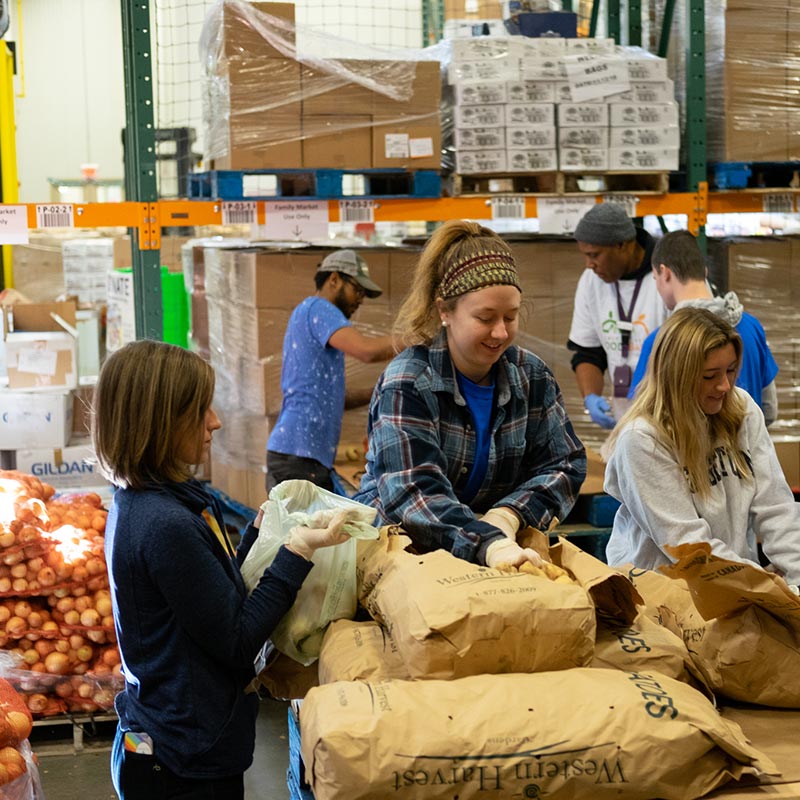
Capital Area Food Bank
Blow it up and rebuild!
Food BanksNetSuite
Brief Client Profiles
-

Discourse Labs
Tools, technology, and skills for public communicators
Education Public HealthCustom App Elixir -

Shelburne Farms
Inspiring learning for a sustainable future
Education EnvironmentDrupal -
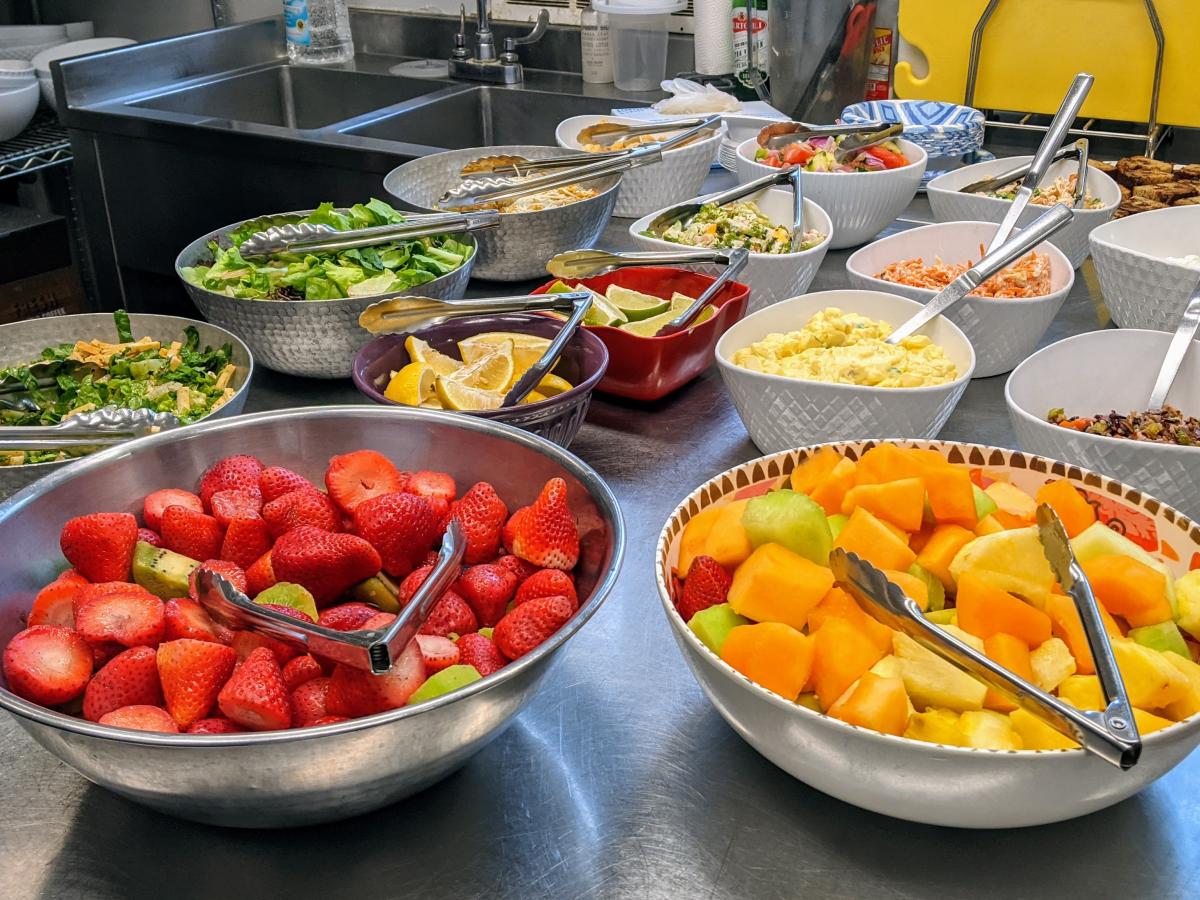
Second Harvest Heartland
Assuring healthy food for the households who need it
Food BanksNetSuite
